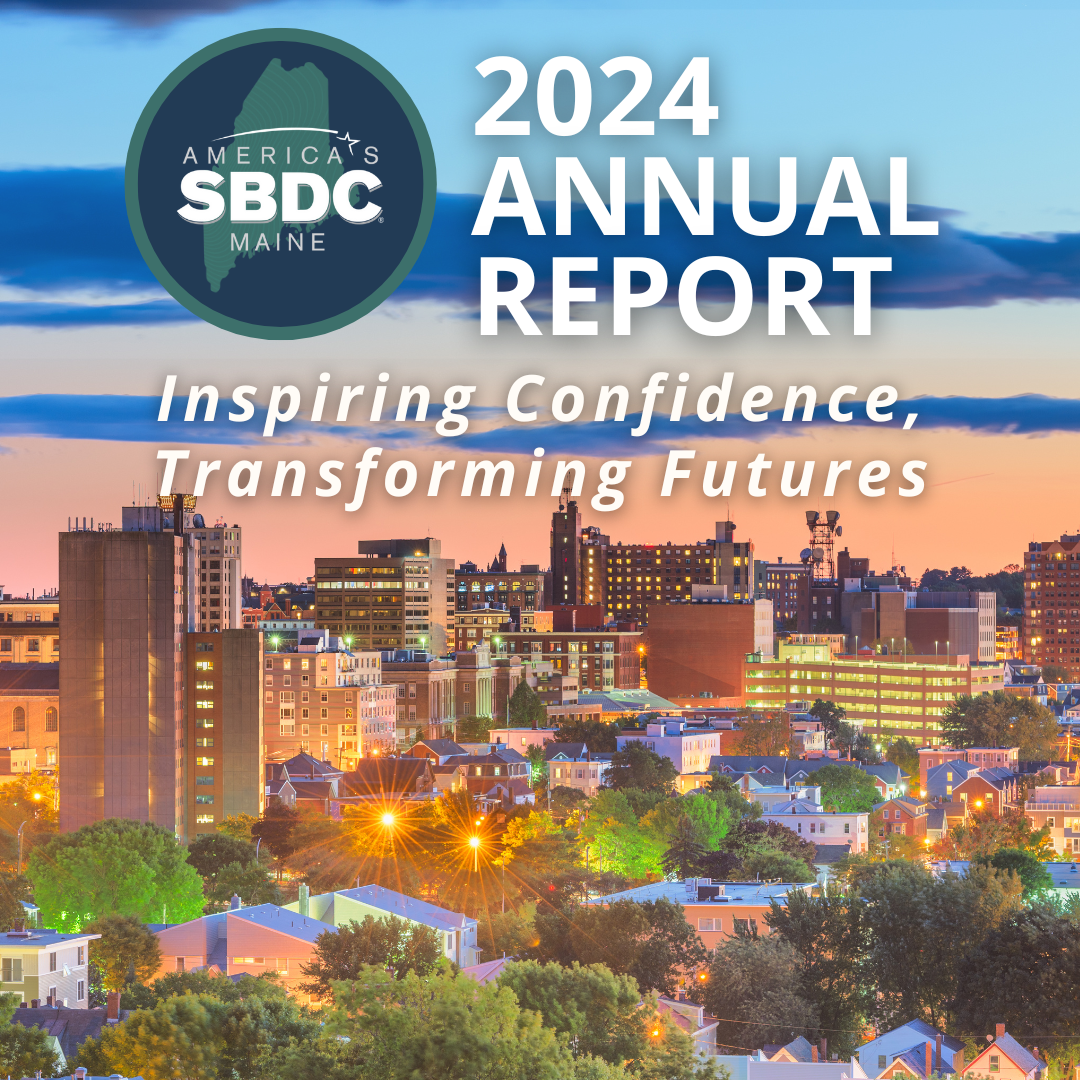 The 2008 financial crisis and the 2020 pandemic recession left lasting marks on the Maine small business community. Yet, in each case, some Maine businesses found ways to not only weather the storm but adapt and grow in new directions.
The 2008 financial crisis and the 2020 pandemic recession left lasting marks on the Maine small business community. Yet, in each case, some Maine businesses found ways to not only weather the storm but adapt and grow in new directions.
Today’s economic climate brings its own set of uncertainties. While the challenges may differ, the need for proactive planning and strategic thinking remains just as important. Some industries, like auto repair, healthcare, or agriculture, have historically shown resilience during downturns. But more often, a business’s ability to adapt determines how well it navigates change.
Rather than trying to predict how the economy will behave, business owners can prepare by evaluating their operations, strengthening their financial position, and staying open to creative pivots.
What We’re Seeing on the Ground
Some business owners planning to sell in the coming years have moved up their timelines, driven by economic uncertainty and broader demographic trends, such as Maine’s aging population. Others are reaching out to the Maine SBDC to evaluate operations and improve efficiency.
With borrowing costs doubling in the last 18 months, many are delaying plans to take out loans. In addition, businesses are scaling back hiring plans and relying on smaller teams to maintain operations. Inflation, increased wages, and a more cautious consumer environment have encouraged businesses to become leaner and more resource conscious.
Strengthening Financial Resilience
 The most immediate action business owners can take is to reassess their pricing strategy. In Maine, business owners often hesitate to raise prices due to customer sensitivity. However, persistent inflation means many businesses continue to charge less than their products or services are worth, squeezing profit margins and limiting opportunities for reinvestment or growth. Over time, this can lead to burnout.
The most immediate action business owners can take is to reassess their pricing strategy. In Maine, business owners often hesitate to raise prices due to customer sensitivity. However, persistent inflation means many businesses continue to charge less than their products or services are worth, squeezing profit margins and limiting opportunities for reinvestment or growth. Over time, this can lead to burnout.
Contingency planning is another critical step. Lessons learned during the COVID-19 recession showed how important it is to have alternatives in place when supply chains break down or resources become scarce. Owners should actively look for more favorable terms from vendors, identify backup suppliers, and build a reserve fund when possible.
Small, strategic changes made now can significantly improve stability during times of disruption.
Advice for New Entrepreneurs
If you’re considering starting a business now, approach planning realistically. After developing a financial projection for your first year, consider reducing your projected revenue by 10% as a buffer. This simple adjustment ensures your business plan is robust enough to handle slower periods.
It is also helpful to consider whether your product or service offers such considerable value that people will continue to pay for it even during a downturn. This can be the difference between a sustainable business and one that struggles in tighter markets.
Launching in a challenging time is feasible, but it requires a higher level of discipline, adaptability, and focus on core value.
Common Traits of Resilient Businesses
 Certain side gigs and service-based businesses tend to remain strong during downturns. These include repair services, selling used or refurbished goods, and businesses focused on local food. Consumers often stretch their dollars by choosing repairs over replacements, hiring local contractors, or buying secondhand items.
Certain side gigs and service-based businesses tend to remain strong during downturns. These include repair services, selling used or refurbished goods, and businesses focused on local food. Consumers often stretch their dollars by choosing repairs over replacements, hiring local contractors, or buying secondhand items.
Businesses connected to local food also tend to gain traction. With food prices rising in recent years, more people are producing at home and selling goods through markets or informal channels.
In addition, services like auto repair and towing remain in demand because vehicles always require maintenance. Health-related services may also see steady or increased demand, as economic stress can, unfortunately, contribute to physical and mental health challenges.
Resilience Is a Strategy
There are opportunities. For instance, while people may cut back on restaurants or entertainment, they will always need food. During the 2008 recession and the COVID-19 pandemic, many farms experienced increased demand. Interestingly, during stronger economic times, such as 2019, local farms sometimes struggled more, illustrating how overall strength in the economy doesn’t always correlate directly to success in business.
Another interesting twist is how investor behavior changes during recessions. When stock market returns decline, some investors look to small businesses or startups as alternative investments. Although traditional lenders may be more cautious, this shift can create new opportunities for funding as others dry up.
What’s that old saying, “When one door closes, another opens.”
How the SBDC Can Help
When you’re navigating challenging decisions, having a second set of eyes can clarify your options and identify the best path forward. A conversation with a Maine SBDC advisor can bring structure and confidence to decisions during stressful times.

 After living in Maine nearly 25 years, Juliann Joy identified a gap in the local dining scene and stepped up to fill it. She opened Café Luna on Route 1 in Scarborough in early 2024, creating a cozy spot for healthy breakfast and lunch options.
After living in Maine nearly 25 years, Juliann Joy identified a gap in the local dining scene and stepped up to fill it. She opened Café Luna on Route 1 in Scarborough in early 2024, creating a cozy spot for healthy breakfast and lunch options.










